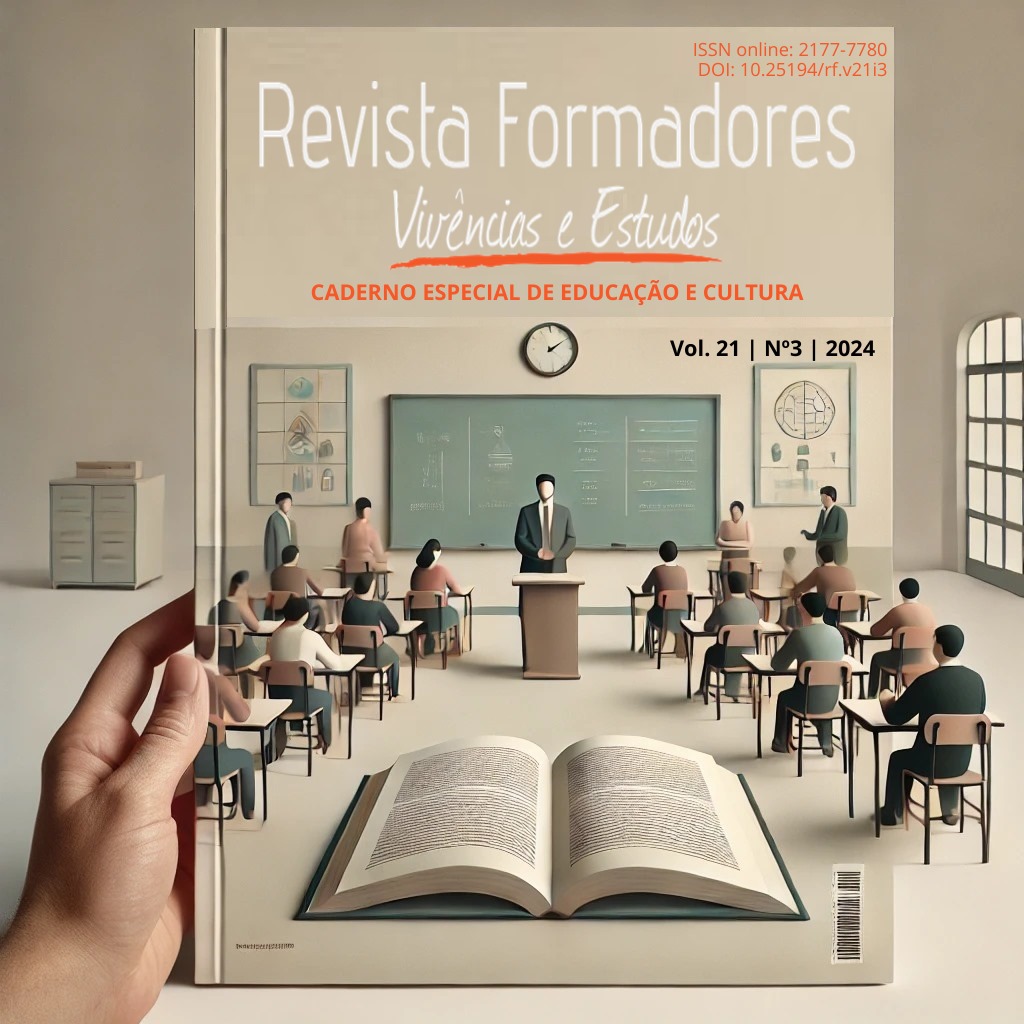A LUDICIDADE COMO PRÁTICA DOCENTE NA INCLUSÃO DE CRIANÇAS COM TRANSTORNO DO ESPECTRO AUTISTA (TEA)
DOI:
https://doi.org/10.25194/rf.v21i3.2124Abstract
ABSTRACT: This article, which is the result of a Course Conclusion Work for a specialization course in School Neuropsychopedagogy, addresses playfulness as a fundamental teaching practice for the inclusion of children with Autism Spectrum Disorder (ASD). This topic is of the utmost importance, considering the constant increase in ASD diagnoses in Brazil and around the world. The disorder profoundly affects neurodevelopment, causing significant difficulties in language, communication and social interaction, which can compromise the academic and personal performance of these children. To this end, the aim of this research is to describe how playfulness can help with the inclusion of children with Autism Spectrum Disorder. In this way, the research is anchored in the qualitative approach, as a purpose to achieve the objectives, the methodological path is bibliographic review. Based on these investigations, we understand that toys, games and play, when used intentionally, contribute positively to child development. We therefore conclude that playfulness should be recognized as an effective teaching practice for the inclusion and learning of all children with Autism Spectrum Disorder. By adopting playful teaching strategies, educators can provide an environment more conducive to the cognitive, emotional and social development of autistic children, contributing to a more satisfactory performance in their academic and personal lives.
Keywords: Autistic Spectrum Disorder. Playfulness. Teaching practice. Inclusion. School neuropsychopedagogy.


